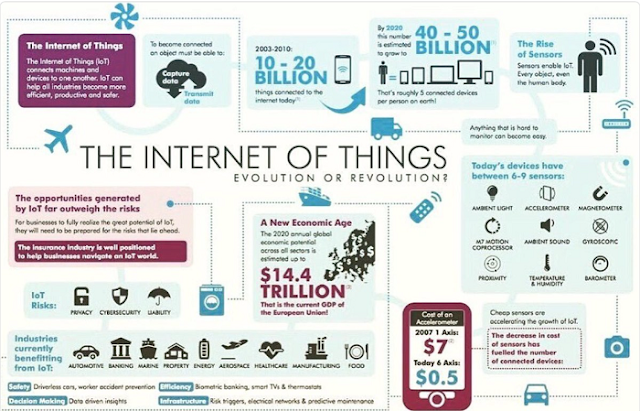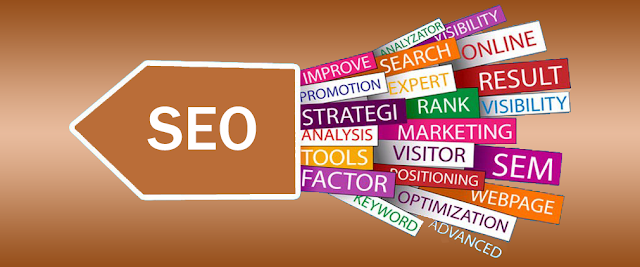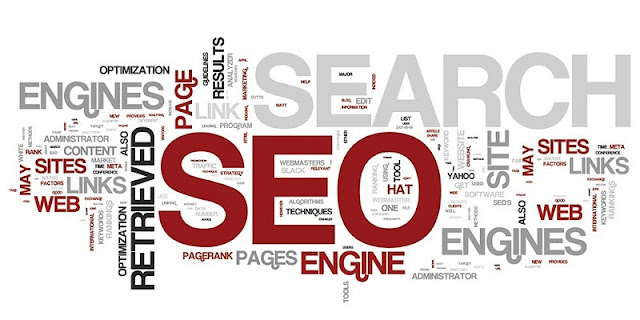The Internet of things (IoT) is expected to revolutionize the way in which we live our lives, with numerous industry specialists tipping it to have the main technological impact since cloud computing. The Internet of Things is about linking internet-enabled devices that relay data back to us, to cloud-based applications and to each other (device to device). These 'smart' devices can be everything from mobile phones, fridges, washing machines to wearables, medical equipment or jet engines. Basically, in the Internet of Things, objects use the web and unique identifiers such as RFID tags or processors in order to exist as part of the internet.
 |
| Internet of things |
The reason behind such a bold claim is that IoT devices have the potential to be more pervasive than any other form of technology. By implanting Internet connectivity into daily objects we can open each surface of our lives to technological invention. Currently, there is enormous group of devices involved in IoT network, such as with security systems, medical devices, cars, lights, jet engines, wearable devices, artificial limbs and even toothbrushes.
IoT has become an enormous part of our everyday life. Smart devices help in areas such as:
- Checking for improved quality and security.
- Extra information gathering by IoT devices supports with better decision making.
- Devices and sensors automatically perform tasks.
A huge connectivity market makes various business opportunities. Professionals and analysts say that the four main areas to focus on are:
- Better-quality customer service and customer personalization.
- Better and accelerated process optimization.
- Additional effective forecasting.
- Real time needs, threats and opportunities.
Before we understand the impact IoT can have on our way of living, it’s important to go through its advantages and disadvantages:
Here are some advantages of IoT:
1. Data: The more the information, the easier it is to make the right decision. Knowing what to get from the grocery while you are out, without having to check on your own, not only saves time but is convenient as well.
2. Tracking: The computers keep a track both on the quality and the viability of things at home. Knowing the expiration date of products before one consumes them improves safety and quality of life.
3. Time: The amount of time saved in monitoring and the number of trips done otherwise would be tremendous.
4. Money: The financial aspect is the best advantage. This technology could replace humans who are in charge of monitoring and maintaining supplies.
 |
| IoT |
Disadvantages-
1. Compatibility: As of now, there is no standard for tagging and monitoring with sensors. A uniform concept like the USB or Bluetooth is required which should not be that difficult to do.
2. Complexity: There are several opportunities for failure with complex systems. For example, both you and your spouse may receive messages that the milk is over and both of you may end up buying the same. That leaves you with double the quantity required.
3. Privacy/Security: Privacy is a big issue with IoT. All the data must be encrypted so that data about your financial status or how much milk you consume isn’t common knowledge at the work place or with your friends.
4. Safety: There is a chance that the software can be hacked and your personal information misused. The possibilities are endless. Your prescription being changed or your account details being hacked could put you at risk. Hence, all the safety risks become the consumer’s responsibility.
Although IoT has quite a few drawbacks, its benefits of saving the consumer time and money can’t be unnoticed. You can get the best IT solution for your business and app, kindly visit us here today. We can support in accomplishing all your problems.
Source : http://bit.ly/266lFv3











